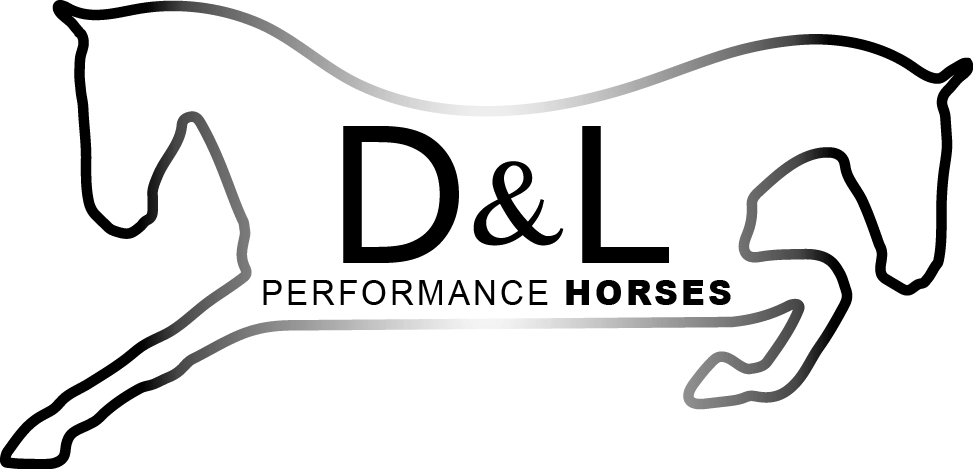Article for the Equestrian Employers Association
/Recently I was asked the do a piece for the Equestrian Employers Association and the British Grooms Association in response to their 'Grooms Minds' survey. The quotes are the end were shocking, though sadly not that surprising. I was lucky enough to have good employers in the past, though the conditions outlined in the survey has been somewhat of an open secret in the industry. Let's be honest, as we are hearing in the news at the moment, just because you aren't guilty, doesn't mean you aren't complicit. Early on when we started D&L we decided we were going to do things differently, though as I say below, I wasn't always sure how to do it! As the mantra goes, there are three solutions to the problem: Education, education and education. Here is what I wrote for them:
I will be the first to admit that when I started employing people I had no idea what I was doing! I knew there was plenty of information available from HMRC and other sources, but have you ever tried to read it? It is so incomprehensible, and frankly I didn’t have time to try and de-code it, I was more focused on keeping the yard running, so I did my best. I attended a ‘Good Business Practice’ course run by British Eventing which included a talk by the BGA on what was then the Employer’s Zone and it really simplified everything. It showed me where we were going wrong and how I could easily get things back on track. I honestly believe most equestrian employers don’t set out to employ people illegally, or treat them poorly, but the fact is we didn’t get into this business for our love of Human Resources and Employment Law, and we don’t know what is required. What has become increasing clear to me is how important it is to get it right from the start, it isn’t just about having happy and legally employed staff, it is also covering yourself from future fines and repercussions should HMRC or the Employment Tribunal come calling!
So FIVE tips I’ve picked up to help be a better employer and prevent problems before they happen:
1 - Get the employment status right. Topical at the moment as Uber is fighting a case in the employment tribunal, the tribunal has ruled that Uber’s workers are employees and not self-employed. Many people try to use ‘self-employed’ staff to get around NMW and NLW requirements, but this can be challenged, despite what your staff have agreed to, and the fines can be expensive. If you staff work exclusively for you and you are in charge of their hours/days off, they are almost certainly employees.
2 - Have a written contract. Contracts are there for both you and your employees. The first contacts I used were similar to the basic template from the BGA’s Employer’s Zone. While they met the legal requirements, the new Contract Creator from the Equestrian Employer’s Association is far superior. It covers a whole manner of things that never would have crossed my mind and is there to protect the employer as much as the employee.
3 - Pay NMW or NLW. Simple enough really, and when you hear about fines up to £20,000 per worker it really isn’t worth the risk. I know of one employer who had a disgruntled employee make a complaint and although everything was in order, it proved you only need one unhappy employee (or ex-employee) to make HMRC come knocking. People still deduct training and livery before paying their staff and this will get you into trouble too. Of course you can charge livery and training, but keep it separate, that way your employee will also feel they are getting what they pay for. While we are on the subject, make sure they are properly registered and receive pay-slips, the EEA’s payroll provider is well worth the money to take the hassle away.
4 - Be approachable. We are all busy and it can be tough to find the time, but it can solve a lot of problems before they happen. We do regular reviews with our employees, it might only be 5 minutes every week or two and a longer one every few months but it gives us a chance to give them feedback and them a chance to raise issues with us in calm and private atmosphere. It is a good idea to follow up with an email covering what you spoke about, that way you have a record of what was discussed, or that nothing was discussed, which can be equally important. People often complain to others but not their employer, but you can only act on what you have been told.
5 - Say thank you. Most riders have been a groom at some point and will remember it can be a pretty thankless job. We tell ourselves that getting to work with amazing horses is thanks enough, but a genuine thank you is always appreciated. As riders and the sport become more professional so too are our grooms, and they deserve to be treated and respected as professionals. People don’t leave jobs, they leave bosses, and the quickest way to make someone leave is to make them feel undervalued.

